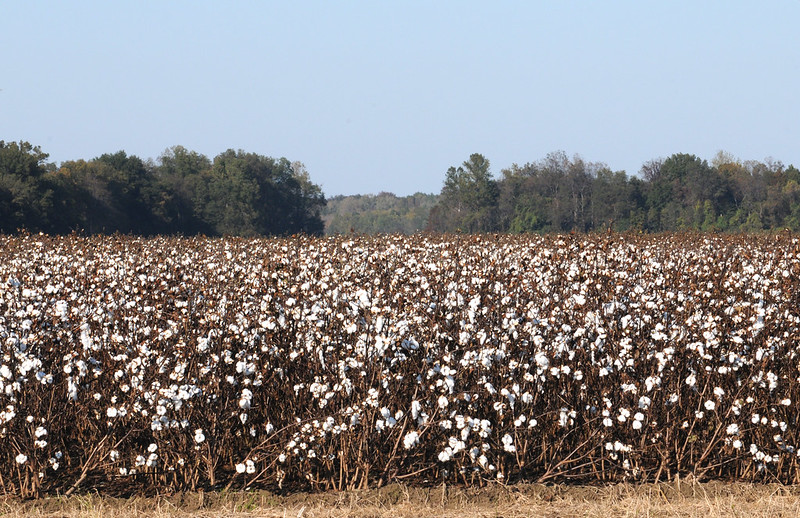I hope you don’t like your groceries in a plastic bag, because that may be a thing of the past very soon! As the world looks to reduce plastic waste, many countries have banned the use of single-use plastic bags – with Vancouver to follow suit by 2021. Greener alternatives—biodegradable or compostable (BoC) plastic bags, paper bags, reusable plastic bags, and cotton totes—have been steadily becoming more popular for many shoppers.

Some alternatives to single-use plastic bags. Adapted from Plastic Education.
But what’s really the truth? How much better are these so-called greener alternatives?
What if I told you that the chic tote you bought for yourself is actually much, much worse for the environment than a plastic bag?
What’s it take to make these bags?
To get a good grasp of the environmental impact these bags can have, we need to look at the full picture. Turns out, the bulk of the environmental impact of these bags come from the production stage. Let’s have a quick overview of how each type of bag is made.
The single-use plastic bag—in all of its environmentally unfriendly glory—is produced from petroleum. The thicker, reusable plastic bags are also made from petroleum, except they require quite more. On the other hand, we make BoC plastic bags from plant-based materials such as starch! Wood pulp is required for paper bags, and of course, cotton (which requires loads of resources) is needed to make cotton totes.

A cotton field. Source: Jimmy Smith, Flickr
So how does this play into the environmental impact?
There are many studies called life cycle assessments (LCA) which examine how a product is made, used, then disposed of. In 2018, the Denmark Environmental Protection Agency conducted a LCA of the different types of grocery bags. For each type, they looked at the total environmental impact (greenhouse gas release, ozone depletion, water depletion, toxicity, and more).
“Greener alternative”… well, no, not really.
The big question is, how many times do you need to use your reusable bags in order to have less impact than if you used single-use plastic bags?
You might want to hold onto your seat. For the total environmental impact, you’d want to use your BoC plastic bags, paper bags, and reusable plastic bags at least 40 times in order to beat single-use plastic bags. And for the cotton tote? You would need to reuse it 7100 times. It’s even higher for organic cotton, since organic crop yields are lower: try 20000 times. If you use your tote three times a week, it would take 45 years (128 if organic) to break even with single-use plastic bags!
It’s intuitive to think that the greener alternatives would be better for the environment. Single-use plastic bags do not break down, and end up in landfills, whereas alternatives could be either biodegradable or used many, many times before they break and become unusable. It goes to show that it’s important to consider not just the disposal of a product, but also the production and resources that go into making it.
For more information, check out this video from SciShow!
-Sam Jung
